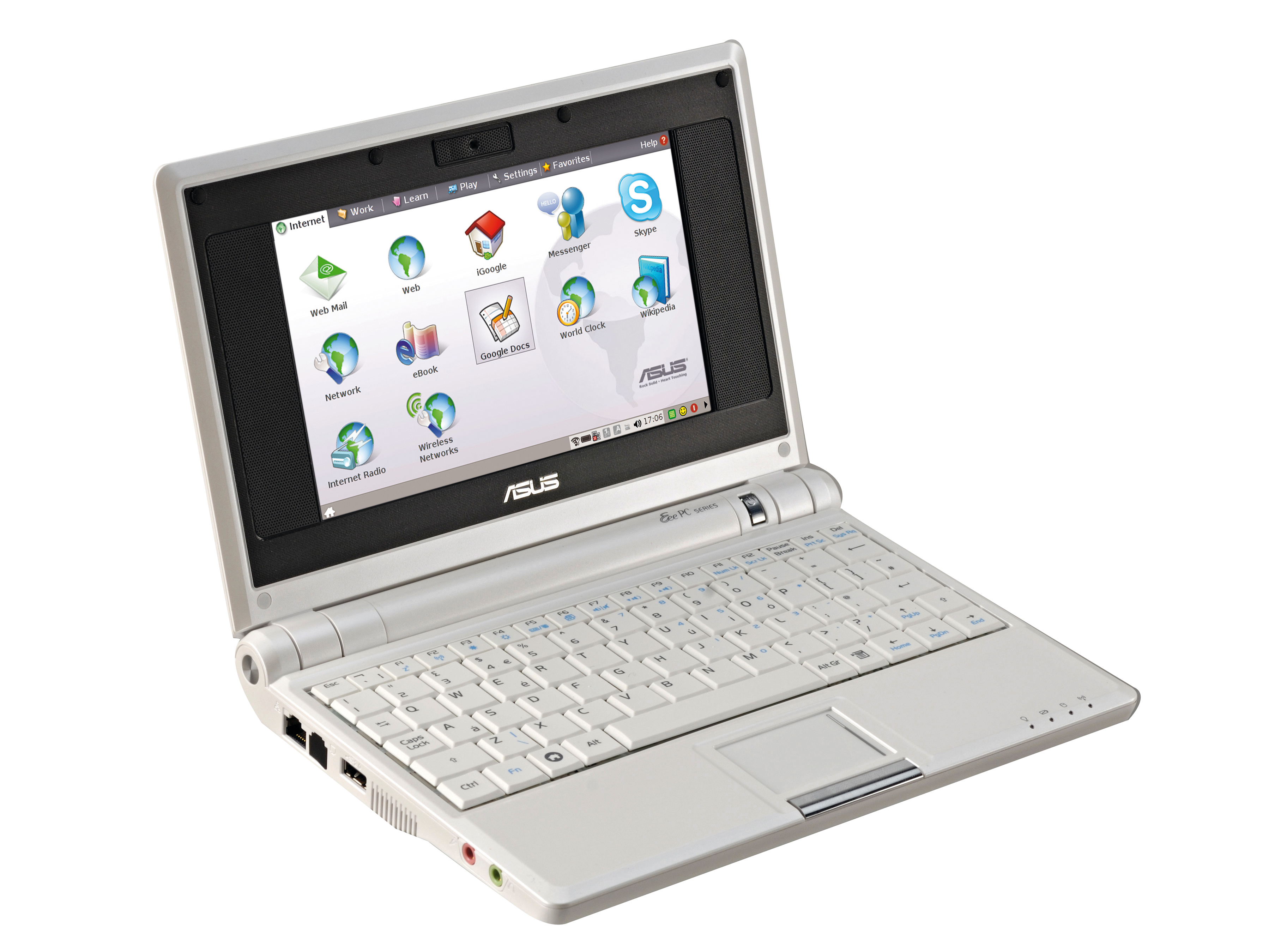Microsoft: How netbooks changed Windows 7

Microsoft has told TechRadar that the massive growth of netbooks has played a major part in making Windows 7 its most scalable operating system to date.
Although there is a much-maligned Starter edition of Windows 7 that can only run three applications at the same time, the Windows 7 Home Premium should work on most netbooks.
Speaking to TechRadar at the press launch of the Windows 7 release candidate, Microsoft's Windows OEM product manager Laurence Painell explained that making sure that the OS would run on a range of devices was key.
Memory management
"The core thing we focus on is quality but following on from that are things like performance," said Painell.
"A lot of focus has been put into performance in a number of areas. One is around the memory usage – and being able to run Windows 7 on a netbook.
"So there is a commitment to making sure the OS is more efficient from a memory management perspective."
Sign up for breaking news, reviews, opinion, top tech deals, and more.
Sudden market change
Painell admitted that Microsoft, just like the rest of the industry, was left flat-footed by the sudden explosion of netbooks, spear-headed by Asus' original Eee PC, which ran Linux.
This led to the extension of support for Windows XP, which was a lot less demanding on memory to operate.
"Obviously the netbook explosion happened 18 months after the arrival of Vista, said Painell.
"There was an increase in other operating systems being installed on netbooks and there was a big push from our partners to have XP Home for that type of device."
Hit the ground walking
Microsoft are delighted that, despite a slow start, a Windows operating system has become the most popular platform for netbooks as well.
"We've seen a huge take-up of Windows on those devices in a very short period of time, purely from the demand of the public and partners who wanted a Windows operating system.
"We're in excess of 80 percent take-up in the UK from nothing essentially when netbooks first got introduced to the market."

Patrick Goss is the ex-Editor in Chief of TechRadar. Patrick was a passionate and experienced journalist, and he has been lucky enough to work on some of the finest online properties on the planet, building audiences everywhere and establishing himself at the forefront of digital content. After a long stint as the boss at TechRadar, Patrick has now moved on to a role with Apple, where he is the Managing Editor for the App Store in the UK.